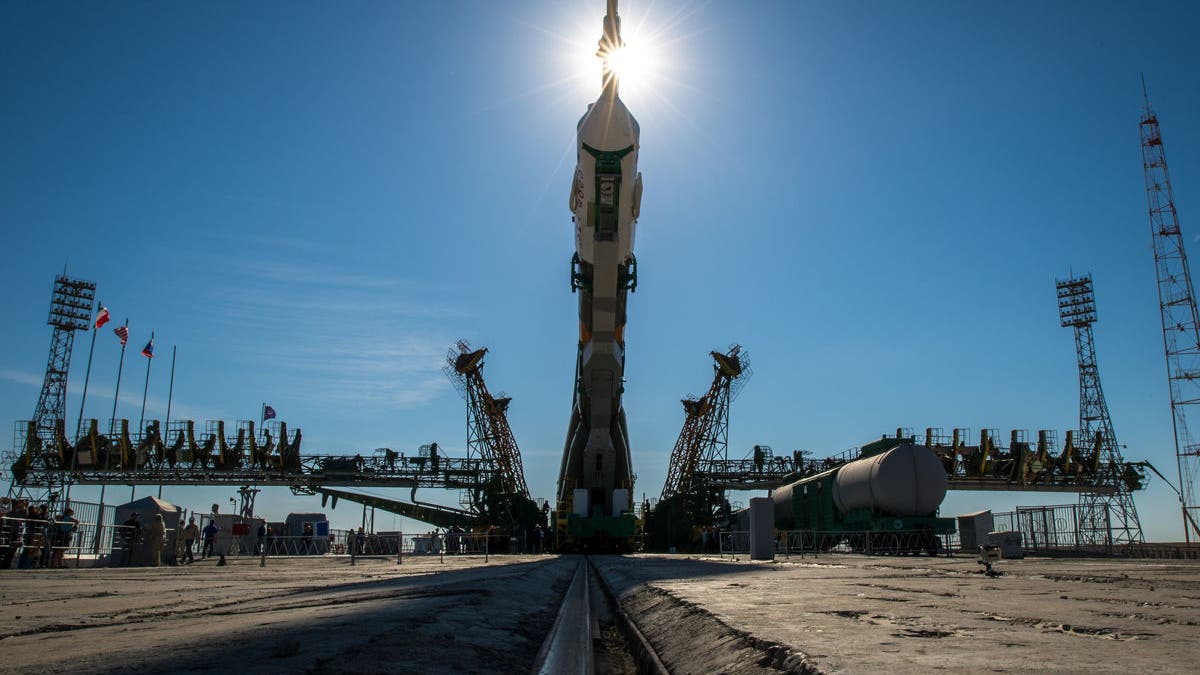
Site No. 1 at the Baikonur Cosmodrome in Kazakhstan has launched rockets since 1957. It is currently the launch site for all space station crewmembers.
Russia may soon decommission its most historic launch site, from which the world's first satellite, Sputnik, was lofted into space.
Site No. 1, also known as Gagarin's Start, is located in Baikonur, Kazakhstan. Sputnik was the first spacecraft to lift off from this site in October 1957, followed by the first human spaceflight mission in April 1961 by Soviet cosmonaut Yuri Gagarin.
Many other historic missions have also launched from Site No. 1, including Soviet cosmonaut Valentina Tereshkova, who became the first woman to fly to space in June 1963, as well as Scott Kelly's record-breaking stay aboard the International Space Station.
Related: Roscosmos: Russia's Space Centers and Launch Sites in Pictures
Today, Site No. 1 is still used to launch all Russian, American, Canadian, European and Japanese astronauts into space. However, that soon may change, Ars Technica reported.
It's possible that Site No. 1 will be decommissioned sometime after the final flight of the Soyuz FG vehicle in September. The crewed launches of the Soyuz MS-13 and Soyuz MS-15 spacecraft, in July and September, respectively, will be the final flights of the Soyuz FG vehicle, according to Ars Technica.
Reports suggest the launch site will be decommissioned due to a lack of funding for upgrades needed to launch the Soyuz 2 rocket. Site No. 1 was already reconfigured for launches of the Soyuz FG rocket, which was introduced in 2001 and is used today to fly crews to the space station.
However, cargo launches have already moved to the new Soyuz 2 rocket and it's expected that crew launches will move to the newer rocket, too, according to Ars Technica, based on a report by RIA Novosti.
Compared with the 6.9-ton payload capacity of the Soyuz FG booster, the Soyuz 2.1b has a payload capacity of 8.2 tons to low Earth orbit. Currently, the Soyuz 2 rocket launches from Site 31 in Baikonur, as well as from two other launch facilities in Russia and Europe's Guiana Space Center in French Guiana.
- Farewell, Kepler: NASA Shuts Down Prolific Planet-Hunting Space Telescope
- Roscosmos Chief Dmitry Rogozin Teases New Russian Super-Heavy Rocket Yenisei
- The Most Extreme Human Spaceflight Records
Original article on Space.com.








































